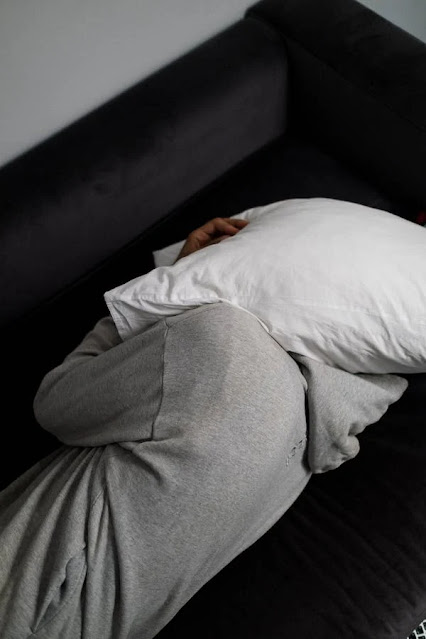Imagine feeling like you're on a rollercoaster of emotions. One moment, you're riding high with boundless energy and unstoppable enthusiasm. But then, suddenly, you plummet into a deep, dark valley of sadness and despair. This is what life can be like for someone with bipolar disorder, a complex mental condition that leads to extreme mood swings.
Bipolar disorder has two main characters in its dramatic performance: mania (or hypomania) and depression. Mania is the star of the show when everything feels exhilarating and full of possibilities. It's like being on cloud nine, but sometimes it's more like a turbulent flight without a seatbelt. The other character, depression, takes over when everything turns gloomy, and it's hard to see any light. These mood swings can influence how a person acts, thinks, and even how they sleep.
But there's more to this story. Bipolar disorder also brings along some unwanted guests: the risk of self-harm, suicidal thoughts, and other serious problems. It's not just about mood swings; it's about the challenges that come with them.
What's crucial to understand is that bipolar disorder isn't the same for everyone. It's like a spectrum with different types and symptoms. The most common ones are bipolar I and bipolar II. Bipolar I means you've had at least one full-blown manic episode. It's like taking a wild, unpredictable ride. Bipolar II is a bit less extreme, with hypomanic episodes (a milder form of mania) and major depressive episodes (those deep valleys of sadness).
Now, let's delve into what causes this rollercoaster of emotions. It's not just one thing; it's a mix of stuff. There's your family tree, where having a relative with bipolar disorder can increase your risk. Childhood experiences, like abuse, can also play a role. Prolonged stress and using drugs or alcohol can make things more complicated.
You might think that there's a test to say, "Yep, you've got bipolar disorder." But there isn't. It's more like putting puzzle pieces together. A psychiatrist will listen to your story, look at your history, and do some tests to rule out other issues.
Living with bipolar disorder is like a lifelong journey. It's not a quick fix; it's about managing those mood swings. One important tool is medication, which can help stabilize your moods. But it's not the only one. There's also psychotherapy, which is like having a guide to help you understand and deal with your emotions, thoughts, and behaviors. In some tough cases, treatments like electroconvulsive therapy or transcranial magnetic stimulation might be considered.
Despite the challenges, many people with bipolar disorder find ways to lead fulfilling lives. With the right support and treatment, they can manage their symptoms and show the incredible resilience of the human spirit, even in the face of tough mental health conditions.




Comments
Post a Comment